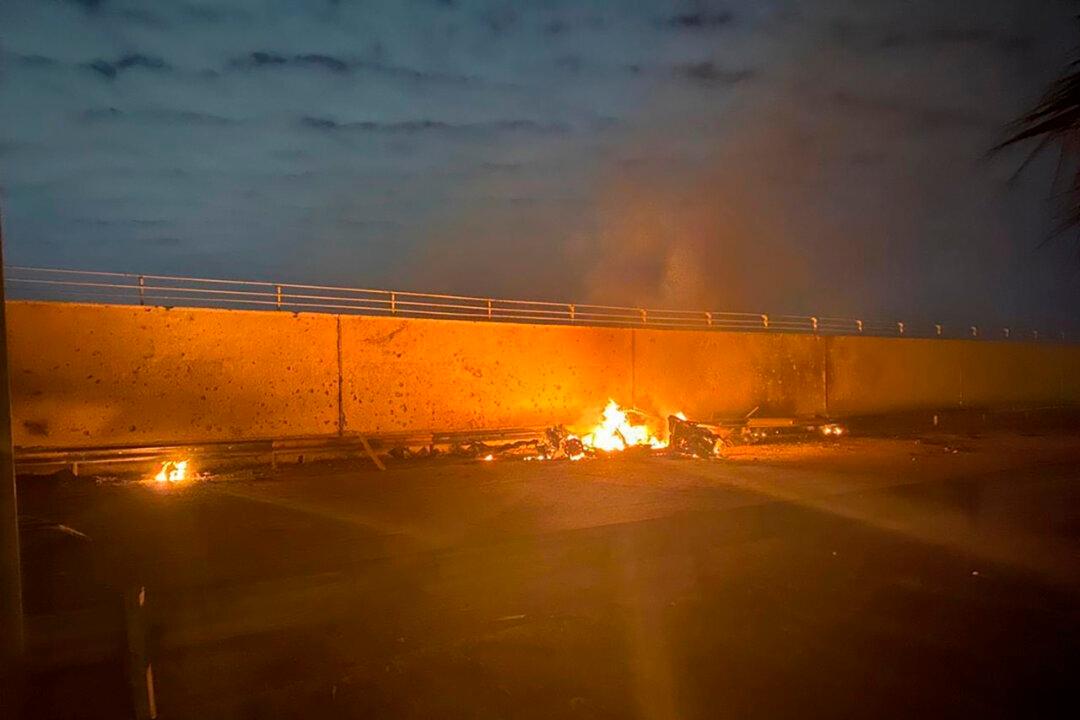President Donald Trump’s authority to order a strike against Iranian General Qassem Soleimani came from the Authorization for Use of Military Force Against Terrorists (AUMF) passed in 2002, the White House said.
The authorization gave President George W. Bush the authority to order military action against those responsible for the Sept. 11, 2001, terror attacks in New York, Washington, and Pennsylvania, as well as any “associated forces.”





